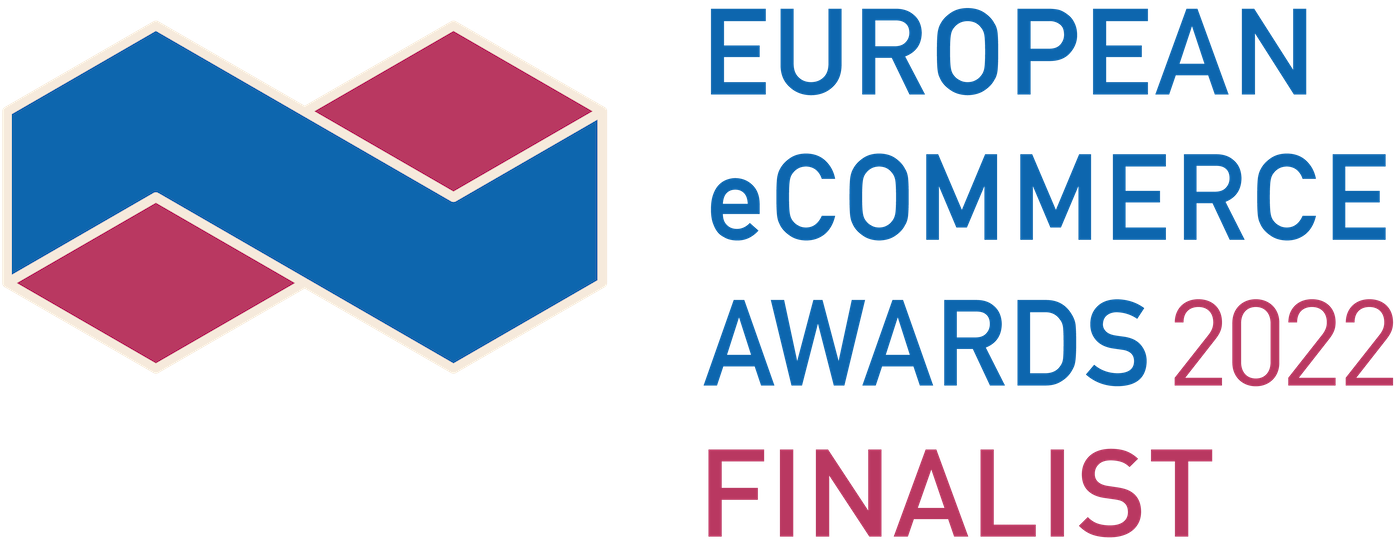Online Store - Great Benefit at Little Cost
E-commerce, or generally speaking online sales, has been a very dynamically developing distribution channel in recent years. For many companies, it transformed from an additional way of selling products and services into the main contact channel with customers.E-commerce Industry Worldwide
Year after year, the e-commerce industry is gaining in value worldwide. Why? The number of users who choose to buy online is constantly growing. As you can see in the chart below, this trend is likely to continue in the coming years. [caption id="attachment_29602" align="aligncenter" width="750"] The number of users in millions (source: statista.com)[/caption]
The solutions available on the market today make it so much easier for beginners to start selling online. You can set up your own online shop in a few minutes. What's important, the barriers to entry and initial investment are relatively small. This is especially significant for those who take their first steps in the e-commerce industry.
The number of users in millions (source: statista.com)[/caption]
The solutions available on the market today make it so much easier for beginners to start selling online. You can set up your own online shop in a few minutes. What's important, the barriers to entry and initial investment are relatively small. This is especially significant for those who take their first steps in the e-commerce industry.
Business Models of Online Stores
Costs for an online store depend to a large extent on the model of the site and the type of management. Some decide to buy a subscription on an e-commerce platform and get in return a ready-to-run website, while others cooperate with an outsourcing company or a developer to build the whole online store from scratch and even do it on their own. Of course, no online shop functions only on the Internet. When setting up an online business, you also need to add the product range which you have to buy or store in a warehouse (unless you decide on the dropshipping business model) to the cost.SEO of an Online Store – Is It Important?
Effective SEO is fundamental for websites and online shops. At present, it is impossible to be recognized by Internet users if you are not well visible online. It is mostly organic search results that increase traffic to the sites. Almost 44% of users start their online shopping with a Google search. According to SEMrush, 37.5% of all web traffic to e-commerce websites comes from search engines. Taking these statistics into account, may turn out to be crucial when running your own business and generating revenue from e-commerce sales. By introducing the right SEO strategies, you have a chance to improve your website's position in organic search results for specific keywords, including those related to benefit-driven language. Remember that SEO is not just about ranking your online store on the first page of the search results. By applying SEO techniques, you boost the image of your shop and yourself as a professional as well as increase brand recognition among existing and potential customers. If you have no idea how to do it on your own, or simply you would prefer to start a cooperation with an SEO agency, click here and learn more about the SEO budget you need for your online store.What Is Benefit-Driven Language?
Features and Advantages of a Product
The most common mistake practiced by retailers is the confusion of product features with its advantages. You have listed all the possible features of your product to the customer, and he still seems hesitant? You put so much effort into it, and he still needs to think a bit more about it? How come he hasn't yet realized that this is his lifetime opportunity? The answer is very simple. Even an extremely long list of product features will do nothing if the customer doesn't realize all the benefits of it. If you say the shirt is pink, you won't convince anyone to buy it, because there might be plenty of such clothes. Yet this shirt is made of cotton, which is great even for allergy sufferers, and magenta is the latest hit of the season and only true fashion experts wear it. When running your company's website, online store, and social media profiles, make sure that all the actions you take are carefully thought out and consistent with company policies. Avoid actions that could affect your brand's reputation.
What Do Customers Expect From Their Relations With an Online Store Salesperson?
E-commerce solutions are constantly developing, but they still require the assistance of a salesperson who, apart from selling and shipping, can build up good relations with customers. Remember that technology only supports salespeople and will never replace them as emotions are an integral part of the sales process. Emotions can hardly be generated without contact with another person. Customers, especially in B2B relations, need to have contact with the sales message several times before they decide and make a purchase decision.Sales Are Relations
Running your online store, you should focus on building trust, raising standards, reliability, and individual approach. The aim is to satisfy the customer's needs, not only on a logistical level, but also on a substantive and psychological level.How To Use Benefit-Driven Language?
Customers who will come to your local or online store will certainly have many doubts related to your services or products. That's normal. When talking to a shop assistant, chatting or calling a helpline, customers have concerns or expectations about products and services. They expect a professional answer to any questions. Your main job is then to dispel them in such a way that they eventually choose your product and not the one offered by your competitors. How to do it? Benefit language affects the consumers' emotions, and emotions, in turn, affect the senses. It is important to present the products and services you offer as of the highest quality. The computer they want to buy will meet their expectations (exclusive product), give them peace of mind (produced by a well-known brand), a sense of security (long battery life and durability), and will not adversely affect their health (less radiation).Benefit Language and Target Audience
Product and service description depends on a person to whom you address your offer. In another way, you will describe game-specific PCs or the latest invoicing program for businesses. Knowing your customers is the key here. It is their characteristics and behavior that are the first step in specifying the advantages of your product or service. The next step is to identify the valuable features that characterize the products or services you are selling.Differences Between Benefit And Feature
Feature / Advantage / Benefit (FAB) - that's the model of creating product presentation in response to identified customer's needs. The feature is a characteristic of your product, in other words: what your product is. It concerns facts, data, product specification. Advantage shows how a product, service, or their feature can help customers and may be used by them. Whereas benefit illustrates how the advantages meet the customer's needs expressed clearly during the conversation.How to Use the Benefit Language in Product or Category Descriptions And On the Home Page?
When creating category, product, or service descriptions that you offer in your online store, you should follow some basic rules:- Create simple sentences - the message should be clear and as simple as possible so that it is understandable to someone outside the industry.
- Use the right structure and text breakdown - use the benefit-driven language in an eye-catching way. You must ensure that the text is appropriately formatted.
- List the advantages of your product or service - by creating a condensed content, make sure to include at the end of the text a summary that precisely highlights all the advantages. Including them in one place will help customers to reconsider them.
- Avoid generalities – simply put, don’t write the obvious. Make sure that the customer receives only concrete information.
- Keep moderation – the benefit-driven language when overused or put in the wrong context may be a warning signal for customers and, as a result, may discourage them from making a purchase.













Nice insights, but don’t you think that listing all the benefits and praising the awesomness of the product in descriptions is no longer legit for customers. I guess we are more reluctant for such tricks nowadays and people are aware of different scams so they’re more careful.